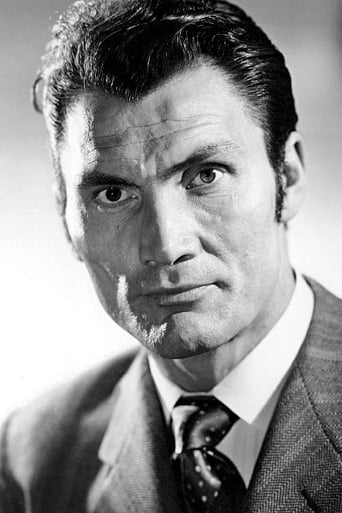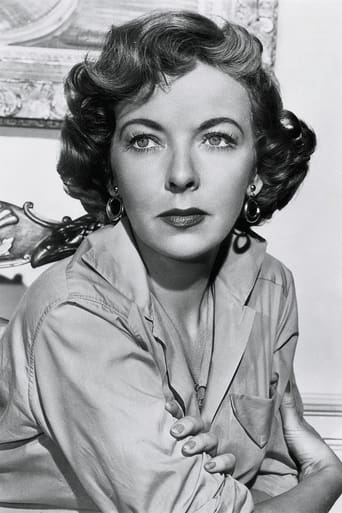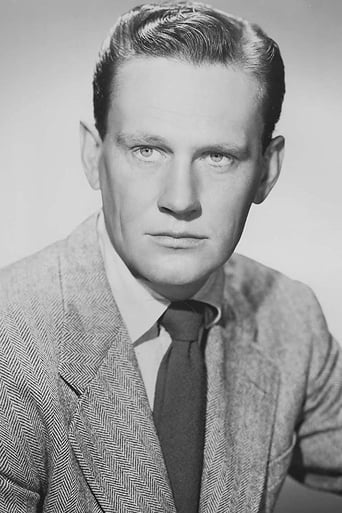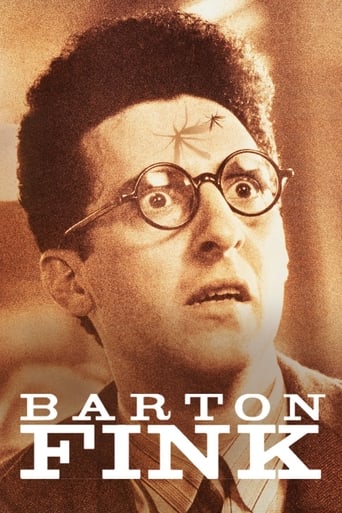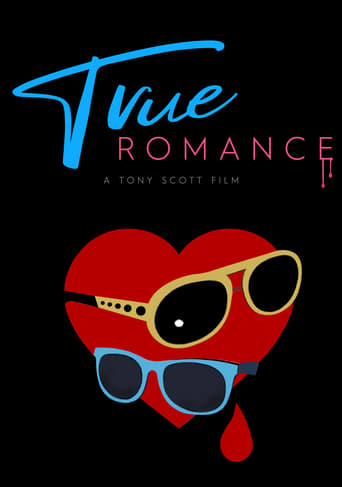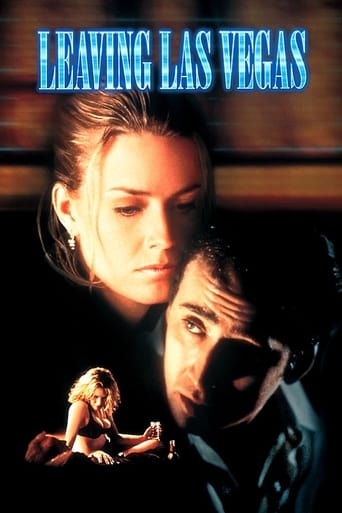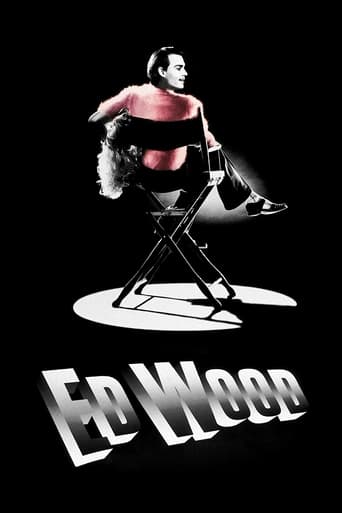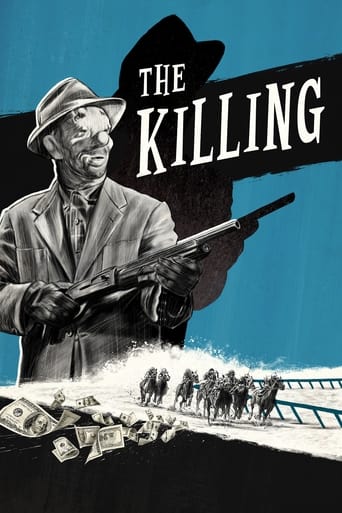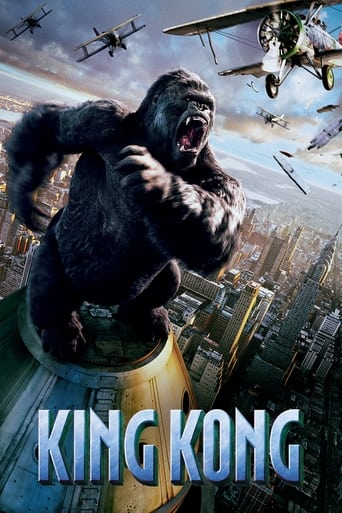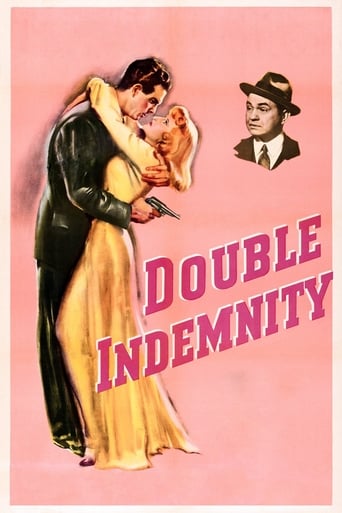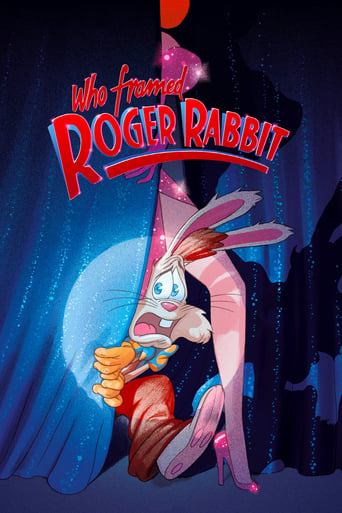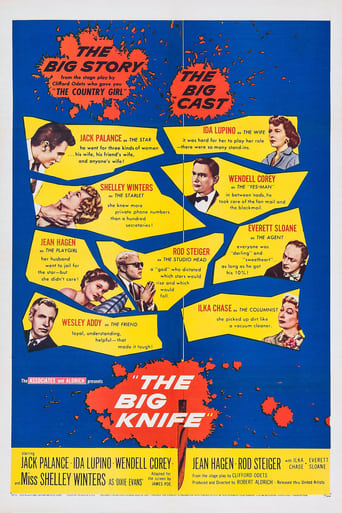
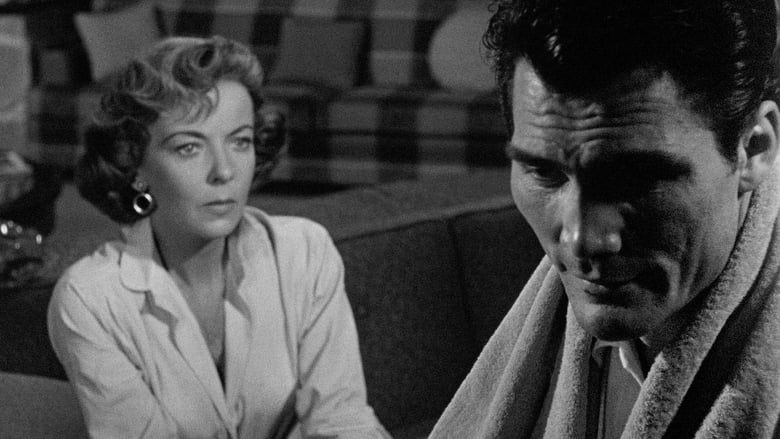
The Big Knife (1955)
Movie star Charlie Castle draws the ire of Hollywood producer Stanley Hoff when he refuses to sign a new seven-year contract. Castle is sick of the low quality of the studio's films and wants to start a new life. While his estranged wife supports him in the decision, Castle's talent agent urges him to reconsider. When Castle continues to be uncooperative, Hoff resorts to blackmail in order to get his way.
Watch Trailer
Cast


Similar titles
Reviews
The Big Knife is not for everybody. Some will find it very literate, well-directed and acted(mostly), handling the tense and satire aspects deftly, while others will find it overdone. Both viewpoints are completely understandable, for me there were parts where the film did fall into the latter camp but most of the time it was the former.As an adaptation of the stage play, which is very compelling and thought-provoking, it is very faithful and translates well adaptation-wise. As a film, it's far from perfect but it comes over well as a film.There are a few things that don't come off quite as successfully as the rest of the film. Rod Steiger has a very ruthless character, but for my tastes Steiger plays the role too broadly to the point that Hoff felt more of a cartoonish caricature than a real person, to the extent that it came close to hurting the balance of the film and he didn't come over as very threatening. In his performance, there is a lot of camp and scenery-chewing, but not enough of the menace that the role so ruthlessly written needs. The ending does dissolve into contrived melodrama, which is where it is most understandable as to why some will find the film overdone, and felt rushed as well. Lastly, the film does feel over-scored in places, in the places where there is music the blaring music cues felt intrusive.With the exception of Steiger, the performances are very good. Jack Palance's powerhouse lead performance is one of his best, while Ida Lupino is heart-wrenching and dignified. Wendall Corey wisely underplays and is very entertaining, and Everett Sloane, Jean Hagen(chilling in a role so different to hers in Singin' In the Rain) and a memorable Shelley Winters(in a performance that hits hard) do equally pleasingly. The script is remarkably literate and intelligent, with the tension being portrayed quite realistically and the satire being boldly lacerating. The story moves deliberately, but the tension present is enough to haunt the mind and the subject matter is a bold one and told in a biting, sometimes fun and poignant way. The Big Knife is photographed with class and atmosphere, the production values are appropriately claustrophobic and Robert Aldrich's direction is more than able, often excellent.Overall, a very acquired taste, but for this viewer while not without flaws it was a well done film. 7/10 Bethany Cox
This is One of the Few Islands in the Stream of Post-War, Anti-Hollywood Films that Attacked the Studio System. After the War, Along with a Lot of Conformity, there were Rumblings of a New Found Liberation. While Most of America Filed in Lock-Step for the Easy, Non Confrontational Life Allotted by the "Spoils of War", there were Eruptions of Revolution (Rock n' Roll).While in the Fifties these were Treated as Anomalies and Trounced Upon Heavily with Mccarthyesque Jack Boots with Some Success, it wasn't Until the Mid-Sixties where an Anti-Establishment Sentiment Became a Counter-Culture Juggernaut and was Unstoppable.Maverick Director Robert Aldridge and Playwright Clifford Odets, Gadflies Both, Combined Talents to get this On the Screen. Biting the Hand that Feeds Them, Jack Palance, Ida Lupino, Rod Steiger, Shelley Winters, Everett Sloan, and Wendell Corey, Lent Their Talent to this Sure to Fail Film, and Threw Caution to the Wind of Eisenhower Era Subservience.While Certainly Not Nearly as Good as Sunset Boulevard (1950) or The Sweet Smell of Success (1956), this is Still Worth a Watch. It is Odd, Stage Bound, Bare Bones, Flamboyant, and Far Out There. The Movie Still Manages to Hold the Interest. There is a Layered, Ripe Richness to it All, but Some will Find its Style Dated and Mega-Melodramatic, and it is.Overall, Recommended for Film Historians, Movie Buffs, Folks who Relish Poetic and Theatrical Dialog, and Minimalist Movie Presentations. An Artifact of its Time, For Sure.
Bel Air. The well-manicured area of LA where the successful actors, producers and directors in Hollywood live. So says the opening voice- over.Jack Palance, not the obvious choice for a leading man (& director Robert Aldrich's lame excuse for the film's box office failure) has never been better, nor has he had such a meaty role. His portrayal of pent-up anger and frustration is powerful yet still believable.He's the washed up star who's unravelling at the seams, wrestling with a dark secret and Rod Steiger, complete with blonde hairdo as his studio manager who is out to keep a lid on bad publicity at all costs. He will stop at nothing at getting a new contract signed.Ida Lupino is also extremely fine as Charles Castle's (Palance) wife. Their marriage is on the rocks and she pleads that Charles takes the rest that he desperately needs and to not sign. She won't go back to him otherwise. There's good support from tease Shelley Winters and as Charles' agent, Everett Sloane plus Wendell Corey as a ruthless producer.Much of the action takes place in the Castle's vast living room, nodding to the theatrics of the original play by Clifford Odets.This is a slow-burning, quite talky, intelligent character-led and well scripted study of Hollywood's mechanics - its layers of people. Not as flashy or melodramatic as some and certainly not as well known, but still directed with surety and skill. Today's viewer will have to adjust to the pace and style but that's easy and the rewards to those attuned can be high.There's enough depth to the material for a second viewing, which helps bring out the characters even more vividly.
The Big Knife (1955)You always expect something edgy and a hair impolite with a Robert Aldrich film, from his over-the-top film noir cult classic "Detour" to the bizarre and gripping "What Ever Happened to Baby Jane?" It's almost as though his rich upbringing and rejection of a nice political life made him a fearless renegade. Give him credit. He cracked the Hollywood doldrums of the 1950s and early 60s like few other directors (Kubrick comes to mind as a big budget parallel). So you can get a lot out of "The Big Knife" in understanding Aldrich. And you can really enjoy a superb set of performances, mainly by Ida Lupino as the leading man's wife, and by Everett Sloan in an aging version of his usual submissive chumminess. Rod Steiger is there, powerful and a bit overacted, if you can overact in an Aldrich movie, and the headliner, Jack Palance, does his best at being a leading man, and is pretty fine, especially since his role is as a Hollywood actor with flaws.Throw in some really crisp cinematography by Ernest Lazlo, one of the best of his generation. Sometimes the camera will take on an angle that rocks you slightly, as when it is looking up from the floor at Palance on the massage table, with his agent towering overhead. More subtle is Lazlo's fluid long takes, or even fluid short takes, where the camera just makes sense of a scene not by framing it right (which is expected) but by moving it during the take. Once you notice it, you appreciate more and more how the interior of this house (the set for the whole movie) is made dimensional and alive.I say all this up front because the movie struggles against the story and writing despite all this. It's a play adapted to the screen, but rather literally, with the one main set for all the shooting. And it talks a lot. I don't see this working even on a stage, where you want and get dialog. Here it's almost deadening. Not that it quite is ever boring, but it tries too hard, and it pulls a couple of sensational twists out as it goes, with another sensational twist at the end. On top of all that is just a level of credibility. None of these Hollywood businessmen strike you as quite right, and what they say or do is all caricature.Not that we expect a movie, especially an Aldrich movie, to be believable. But there has to be some compensating excitement. This one, with a great noir title but no real noir qualities, never quite flies. It's worth watching if you like Lupino or Aldrich in particular, and it has moments of real intensity, but that might not be enough in the big picture.


